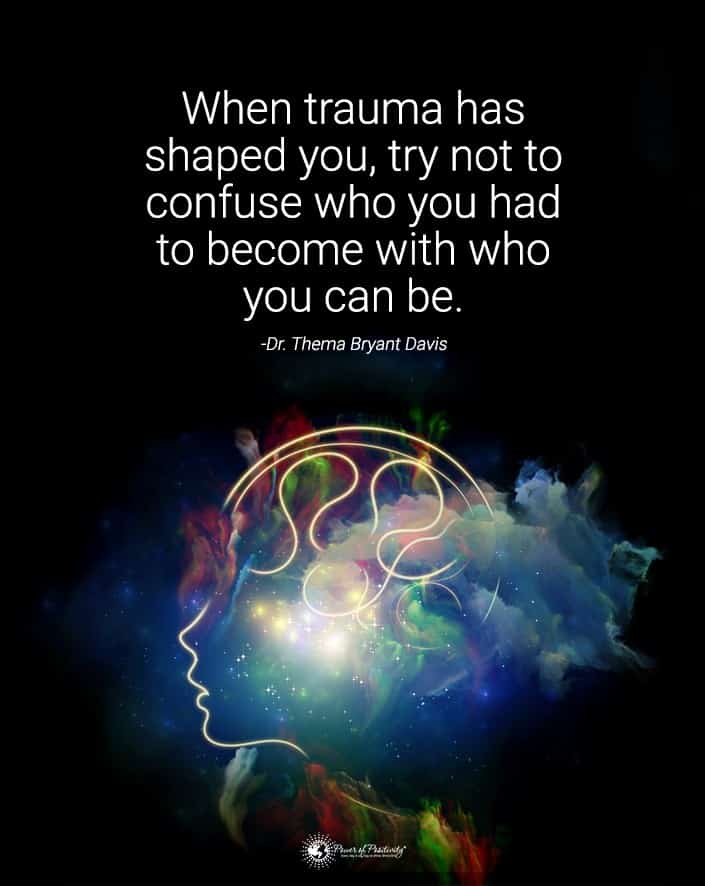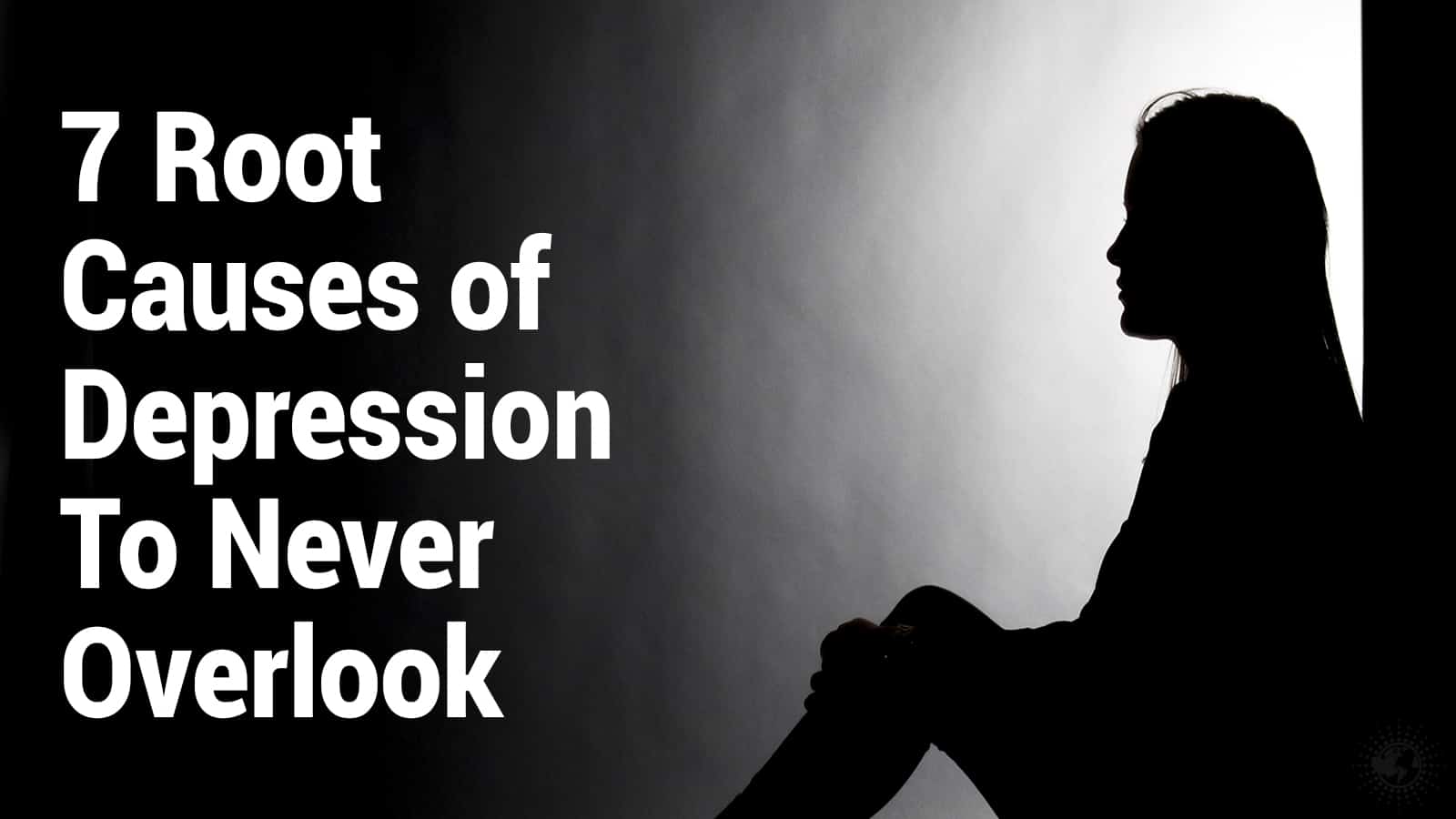Are you struggling with depression? The World Health Organization estimates that more than 264 million people suffer from depression annually. While it may feel like the blues or sadness, it’s a condition that doesn’t go away on its own. Sadly, many people don’t understand the causes of depression and the various ways to treat it.
Depression is a serious issue that can impact your quality of life and make you feel hopeless and worthless. The Suicide Awareness Voice of Education released some horrific statistics regarding depression and suicide.
- In the United States, suicide is the tenth most common cause of death.
- Each day, more than 130,000 people are so depressed that they take their own life.
- Every 11 minutes, a person feels so worthless that they end it all through suicide, which equals 48,500 Americans every year.
- A mere half of depressed individuals in this country get the help they need as the stigma surrounding this condition is still a significant problem.
- Treating depression can be done with a success rate of 80-90 percent.
- For every 25 suicide attempts, one person will die.
- One out of every four people that kill themselves is elderly individuals.
Ten Warning Signs of Depression
Do you know the signs of this significant mental disorder enough to recognize them in yourself or others? Here are the most common symptoms.
 1. Mood Fluctuations
1. Mood Fluctuations
While many people focus on the sadness and hopelessness a person feels with depression, few realize that mood issues are commonly present. Being grumpy or irritable is just another common issue people with this mental health problem face.
2. Sleep Disturbances
You may notice that you sleep too much or not enough when you’re depressed. Your body’s hormone levels are all out of whack, and it can cause your sleep patterns to be disturbed.
3. Generalized Body Discomfort
Depression brings about strain and tension, and all this angst can affect your muscles. You may notice you have headaches, body aches, and a general flu-like feeling that won’t go away. This is a common sign you’re depressed if there are no underlying medical issues.
Some people feel like they’ve done a major workout at the gym, but they haven’t lifted a finger.
4. Little to No Energy
Depression wipes your resources until you feel like you can’t accomplish much in a day. You may feel weak and tired all the time, and you don’t know why.
5. Hopeless and Helpless Feelings
Life is tough, but those who are depressed tend to blame themselves for things that are out of their control. When you feel like you have no hope and no way out of your situation, then it’s time to get help.
6. Concentration Issues
If you find that you cannot get anything done and your focus is out of whack, it could be caused by depression. Your brain chemicals are off-balance, which can also affect your focus and concentration.
7. Reckless Behavior
Did you know that some reckless behaviors can be associated with depression? You can get so down and out that you feel you have nothing left to live for, and that can be a dangerous place to be.
8. Isolation
Do you want to close yourself off in a room and hope the world will go away? Isolating yourself from others is always a sign that something is wrong.
9. Loss of Interest/Lack of Pleasure
How many times do your friends call and invite you out, but you ignore their requests? Perhaps you agree to go to a social event, but you back out at the last minute. Depression makes you feel like you have no drive, and you don’t enjoy the things that once brought you so much pleasure.
10. Tearfulness
Are your tears plentiful? Do you seem more weepy than usual? Depression can mess with your emotions, and you may find yourself crying at the smallest of things.
Seven of the Most Common Causes of Depression
 Now that you know all about depression and the things it does to your body, it’s essential to understand why you become depressed in the first place. There are many misconceptions about this mental illness, and it’s time to bring some understanding to such a widespread condition. Here are the most common causes of depression.
Now that you know all about depression and the things it does to your body, it’s essential to understand why you become depressed in the first place. There are many misconceptions about this mental illness, and it’s time to bring some understanding to such a widespread condition. Here are the most common causes of depression.
1. Medical Conditions
Many medical conditions can cause you to be depressed, and some of this is out of your control. For instance, according to the National Institute of Health, hypothyroidism is a big cause of depression.
2. Genetics
Do you have a family history of mental illness? One of the causes of depression is your genetic links. If your mother or father, as well as a sibling, suffered from the pangs of hopelessness, then you have an increased chance of developing this condition.
People believe that if you have a good life, you will be saved from this illness. Sadly, no one is immune from this ailment, and if you have a family history, then your chances of having at least one episode in your life are more significant.
3. Grief or Loss
A common cause of depression can be circumstances. If you’re going through a divorce or a job loss, it can cause you to become depressed. Life has a way of sneaking up on you and throwing you curve balls that knock you to a place that feels like rock bottom.
However, you can and will get over this with the right help and a few lifestyle changes. Slowly, the stigma is lifted, and people reach out for help when they experience grief or loss.
4. Abuse
Whether you’re going through an abusive situation or suffered from abuse as a child, it can affect your mental health. Did you know that the National Institute of Health cited a study that shows 56 percent of people who suffer from child abuse struggle with chronic depression issues?
5. Hormones
Your hormones in your body can have a substantial impact on your mental health. Medical conditions like polycystic ovary syndrome can cause you to experience hair loss, abnormal hair growth, weight gain, and depression. Any situation that messes with your hormones can be detrimental to your mental health.
6. Seasonal Changes
Seasonal affective disorder or SAD is a condition that affects ten million Americans, which is around three percent of the population. An article published by New York’s Presbyterian Hospital shows a growing concern as the number of people affected is mounting. Long winter nights and a lack of sunshine seem to affect a person’s mental health dramatically.
In places like Alaska, where they get nothing but total darkness for up to 67 days, a sunlamp is needed to help keep depression at bay. The most common areas affected are those North of the Arctic Circle. It’s reported that the sun sets in November of the year, and it doesn’t rise again until January of the following year.
However, Alaska isn’t the only state affected, as the long days and dreary nature of winter seem to be mentally crippling for some. Oddly, those in Florida, Arizona, and other states with mild winters have less of an issue with this condition.
7. Drug Use
Using drugs changes the chemical receptors in the brain. Substance abuse issues are a common reason for mental health disturbances, especially depression.
Eight Risk Factors That May Cause Depression
The causes of depression vary for each person, and many risk factors make you more susceptible to having this mental health issue. They include:
- Chronic illness
- Addictive personality or drug issues
- Alcoholism
- Living in various areas of the country where winter is worse
- Genetics
- Low self-esteem and feelings of poor self-worth
- Being female – as females are more likely to be depressed than males
- Other mental health disturbances like anxiety, bipolar, and schizophrenia
Consider an anecdotal story about Cindy. She recently went through a divorce, and she was trying to find a new normal. Although she tried everything in her power, she became so tired, and all she wanted to do was sleep.
Her husband of 28 years moved on with a younger woman, and she felt that she wasted her best years. She was not motivated and cried all the time. Cindy lost her job, and it wasn’t long before she got an eviction notice and contemplated suicide.
To make matters worse, Cindy’s mother suffered from depression for years, so it was only driving the condition to become more severe. Thankfully, she changed her eating habits, started herbal supplements, and exercised her way back to health.
 Final Thoughts on Knowing the Causes of Depression
Final Thoughts on Knowing the Causes of Depression
Depression is a severe mental health issue that can be acute or chronic. There are many causes of depression, and many risk factors can make the matter more serious. It’s essential to recognize the signs of this illness so that you can do something about it.
It’s also important to note that there are many degrees of depression as some people will experience psychosis and a complete loss of function while others are mildly inconvenienced. Reaching out to someone when you see the symptoms of this condition develop could save your life.



















